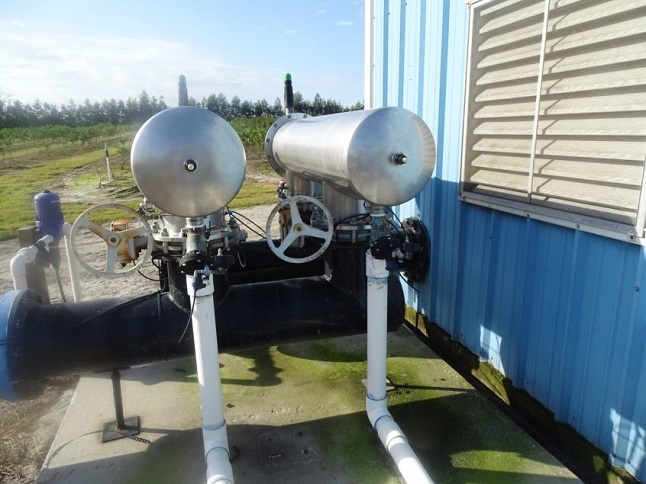Household water filtration systems are mostly used to remove impurities in drinking water. More than that, these devices are also very helpful on the farm. A filter can eliminate pollutants and chemicals from water sources that could potentially harm plants.
Household water filters give farmers control over their farms. It allows them to improve their farming practices, avoid diseases, and improve agriculture. Consequently, they will earn more money in the long run.
Filtration Helps Plants Thrive by Improving pH Management
The pH of the soil should be 5.5 – 7. However, if the land is too alkaline or acidic, the plants will not get enough nutrients. Poor PH can also weaken the soil quality and increase the presence of harmful microbes.
A good way to change soil pH is by adding lime to increases the PH or sulfur to reduce it. On the other hand, carbonates, as well as other dissolved solids found in water, can obstruct pH control and lower soil health. That is why water filtering is essential.
Filtration Removes Harmful Chemicals That Raise the Risk of Contamination
Filtration is vital for removing pollutants that raise the chances of plant diseases and illness outbreaks. Of course, the contaminants present will depend on your farm’s water source. Pollutants such as diseases and feces may reach your water supply through two key routes.
One way is through untreated groundwater and surface water from urban filtration plants and the other way is when fecal matter from your farmland or nearby farmland finds its way into your water supply.
Why it is Important to Discover the Right Filtration System for Your Farmland
To avoid interfering with soil pH treatment, reverse osmosis filtering eliminates soluble solids from water. If you can’t regulate the pH of your soil, a filtration device that eliminates toxic chemicals from the water may be a good idea.
Typically, the level of filtering your watering system requires can be determined by a number of factors. For this reason, it is critical to seek advice from a professional before investing in water purification devices.
Importance of Water Filtration for Municipal Water
Chemical compounds may be present in urban water supplies and this can be harmful to your plants. Fluoride, chlorine, lead, and arsenic are all common chemicals contained in public water while insecticides are found in some water sources.
While you may need to use pesticides and fertilizers on your plants, be careful about how much you put. Using too much chemicals might destroy pollinating insects or harm your plants when excess nitrogen is used.
Conclusion
Farmers benefit greatly from the use of household water filters because it allows them to grow higher-quality crops. Water purification should not be taken for granted since it helps to eliminate pollutants that may affect your plant.
Before improving your filtration and drainage systems, think about your farm’s specific needs. Using the appropriate tools for your farm could change the way you grow good, profitable crops that help you receive more profit.

